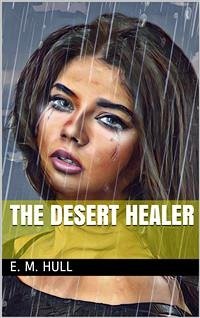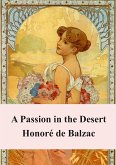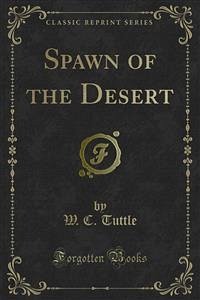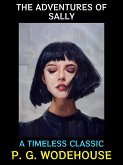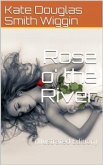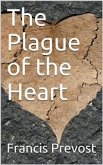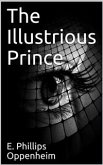A Rory Frost-type character (M.M. Kaye' s Trade Wind) hides himself in the Algerian desert after his faithless wife leaves him and his child dies. He basically "goes native" but not having lost his love for country, he acts as mediator between governments and Arabian tribes. Officially, however he is a desert doctor.
Having been burned in love, he hates women and no female is allowed near his dwellings. But one night, on galloping past a deserted ruin, he hears a woman screaming for help in English. He rescues the damsel who is near to being ravished and/or killed by a villanous Arab and he takes her to her home.
As it turns out, the girl is married to a horrible brute of a man not much better than her attacker. But married she stays until...unless...
Can treachery, sandstorms, past heartache and hate thwart two destined to love?
Having been burned in love, he hates women and no female is allowed near his dwellings. But one night, on galloping past a deserted ruin, he hears a woman screaming for help in English. He rescues the damsel who is near to being ravished and/or killed by a villanous Arab and he takes her to her home.
As it turns out, the girl is married to a horrible brute of a man not much better than her attacker. But married she stays until...unless...
Can treachery, sandstorms, past heartache and hate thwart two destined to love?

